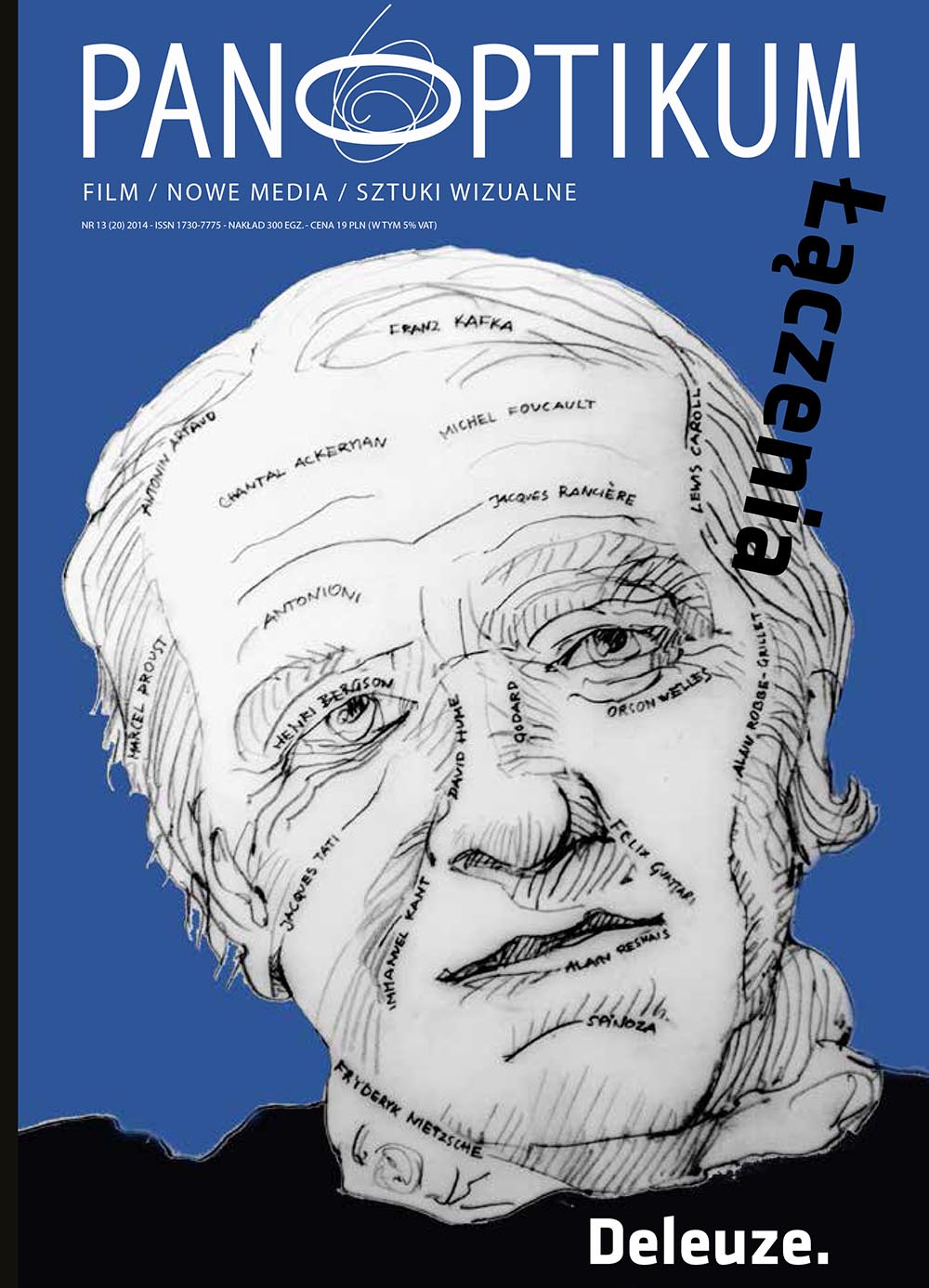Estetyczny reżim kina – filmowe bajki Jacques’a Rancière’a
Abstrakt
In my paper I am introducing philosophical film thought by Jacques Rancière, presented in his book Film Fables (2006). Before proceeding with the analysis. I am tracking theoretical pathways and points of reference that have brought the author to his interests in cinema. I am delineating two main areas that I believe played a fundamental role in the way Rancière defines his cinematic thoughts. The first one is his general philosophical project that is programmatically organised around a list of concepts, key in all of his works – „politics of aesthetics”, „distribution of the sensible”, „aesthetic regime of art”, „dissensus vs consensus”. By reconstructing their specific meanings and role my argument progresses from the general overview of Rancière’s philosophy towards his aesthetical writings, definition of art, status of images and finally to his thoughts on cinema. The main reason the philosopher took up film studies was his general approach towards aesthetics and analyzing its particular examples in political context. The second reason was a direct inspiration by the works of French theoreticians – Jean Epstein and Gilles Deleuze. I am confronting and juxtaposing their theories with the thought contained in Film Fables and The Future of the Image to illustrate both existing similarities and differences that have resulted in the creative redefinition of the status of cinema and its productive potential that, however, is yet to come.

 Uniwersyteckie Czasopisma Naukowe
Uniwersyteckie Czasopisma Naukowe





